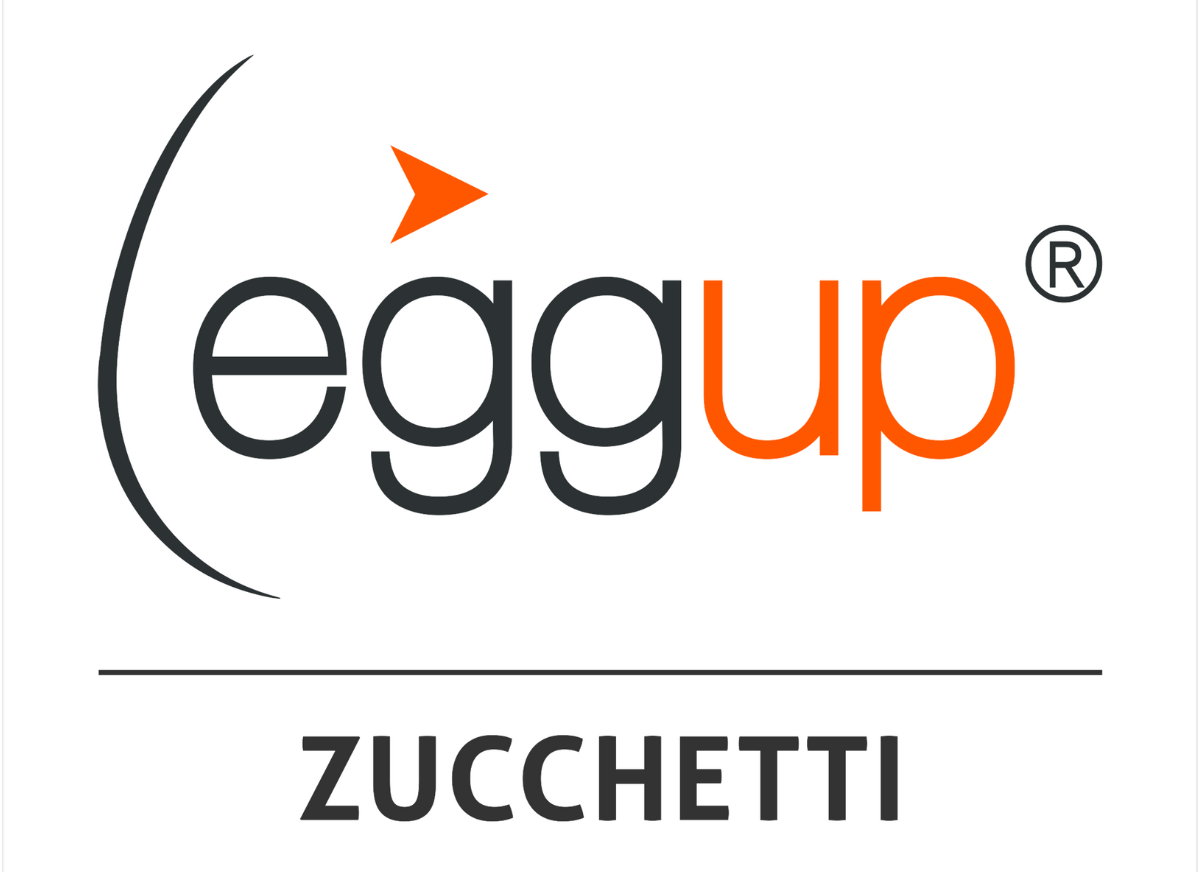Carlo Alberto Pratesi – Professor of Economics and Business Management at Roma Tre
For those, like him, who have always been involved in marketing, innovation and sustainability, the great age of digital disruption represents a kind of revenge. Carlo Alberto Pratesi, Professor of Economics and Business Management at Roma Tre, and a name that counts in the National startup ecosystem, tell us in fact – “When I started to do research, the word marketing could hardly be used in academic circles. Being English, it was almost considered unsuitable “.
Things, in the last twenty years, have changed a great deal. And the facts have proved him right.
Marketing, innovation, sustainability: areas that for some time, almost by definition, are related to the topic of soft skills. Regarding the culture and the value of these skills in our country, how widespread are they in reality?
For some time now a growing number of Human Resource Managers, for example, have a degree in Psychology instead of Law. If at one time matters concerning staff meant dealing mostly with legal and contractual issues and aspects, today on the other hand, it means knowing how to interpret their needs and requirements. This indicates that companies have understood that each individual is really a vital part of everything. Of course, there is still a lot of work to do.
What impact will the machine age, which is now imminent, have on the soft profile of the job? Tomorrow, will it be more important to know how to write codes, or know how to interpret relational dynamics in your workplace?
Writing codes will soon be a commodity. What will be more important however, will be the ability to understand the needs of others. It will be essential to know how to build relationships, modulate languages and registers. And machines will never be able to do these things. In this sense, the job’s soft profile will become decisive.
For young people who are set to make their entry into the labour market, what would you suggest to improve their soft skills?
I would advise them to boost their curiosity and to acquire a deep and independent cultural awareness. These are attitudes that allow people to have ideas; and today ideas make a difference. I advise all youngsters to challenge themselves with all that is different and unknown. You will discover new worlds, and this will introduce you to a profound interpretation of reality. Companies and the employment market, desire this above all.
Carlo Alberto Pratesi – Professor of Economics and Business Management at Roma Tre
Per chi, come lui, si è sempre occupato di marketing, innovazione e sostenibilità, la grande era della digital disruption rappresenta una sorta di rivincita. “Quando ho iniziato a fare ricerca – racconta, infatti, Carlo Alberto Pratesi, docente di Economia e Gestione delle Imprese a Roma Tre, e nome che conta nell’ecosistema startup nazionale – la parola marketing non si poteva quasi usare negli ambienti accademici. Essendo inglese, veniva quasi considerata inopportuna”.
Le cose, negli ultimi vent’anni, sono cambiate molto. E i fatti gli hanno dato ragione.
Marketing, innovazione, sostenibilità: si occupa da tempo di ambiti che, quasi per definizione, sono legati al tema delle soft skills. La cultura e il valore di queste competenze, nel nostro Paese, quanto sono realmente diffuse?
Da qualche tempo a questa parte un numero crescente di direttori delle Risorse umane, ad esempio, sono laureati in Psicologia, e non più in Giurisprudenza. Se un tempo avere a che fare con il personale significava occuparsi per lo più di temi e aspetti giuridici e contrattuali, oggi invece significa saper interpretare dei bisogni, delle esigenze. Questo vuol dire che le aziende hanno compreso che l’individuo, il singolo è davvero il centro fondamentale di tutto. Certo, c’è ancora molta strada da fare.
L’era delle macchine, ormai alle porte, come impatterà sul profilo soft del lavoro? Sarà più importante, un domani, saper scrivere codice, o saper interpretare le dinamiche relazionali dell’ufficio nel quale si lavora?
Scrivere codice sarà presto una commodity. Ciò che sarà sempre più importante, invece, sarà la capacità di comprendere i bisogni degli altri. Sarà fondamentale saper costruire relazioni, modulare linguaggi e registri. E questo le macchine non lo potranno mai fare. In questo senso, il profilo soft del lavoro diventerà determinante.
A un giovane che si appresta a fare il suo ingresso nel mercato del lavoro cosa gli suggerirebbe di fare per migliorare le sue competenze soft?
Gli suggerisco di allenare la sua curiosità e di acquisire una sensibilità culturale viva e autonoma. Sono queste attitudine che permettono alle persone di avere delle idee; e oggi le idee fanno la differenza. Ai giovani suggerisco di confrontarsi con tutto ciò che è diverso e sconosciuto. Scoprirete mondi nuovi, e questo vi permetterà di interpretare in modo profondo la realtà. Le aziende, il mercato del lavoro, cerca soprattutto questo.

